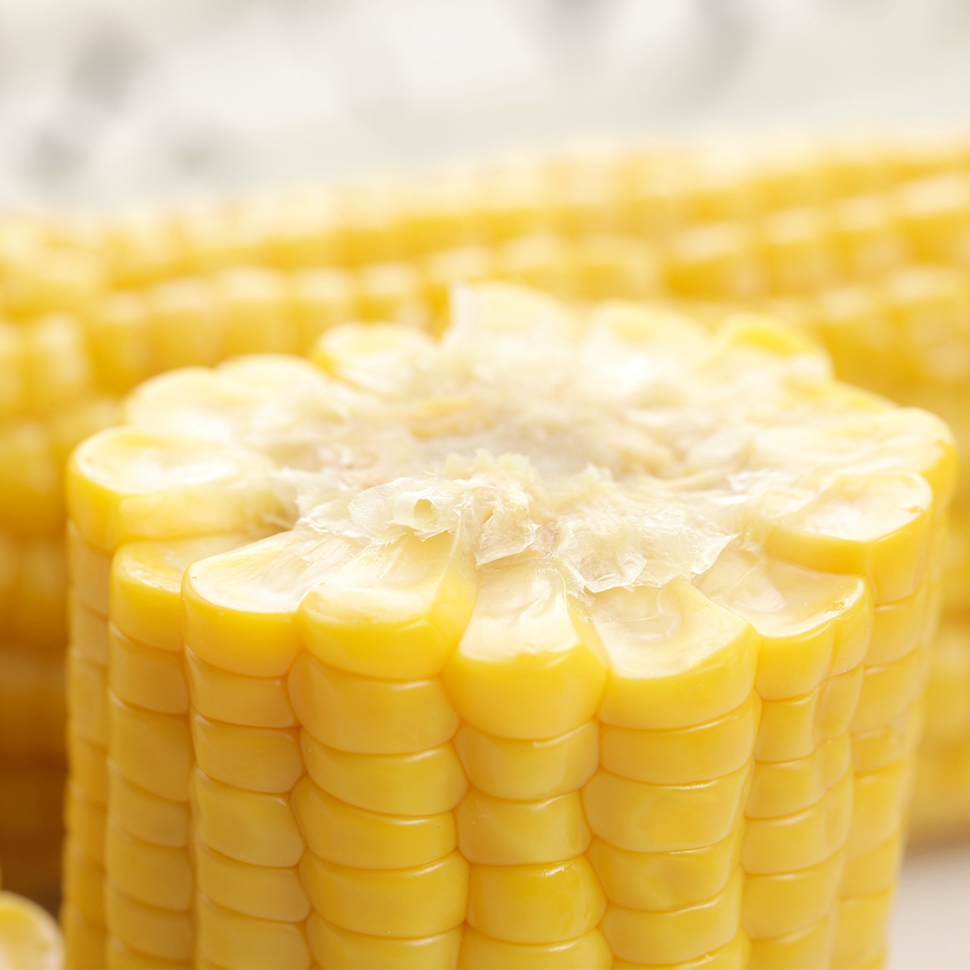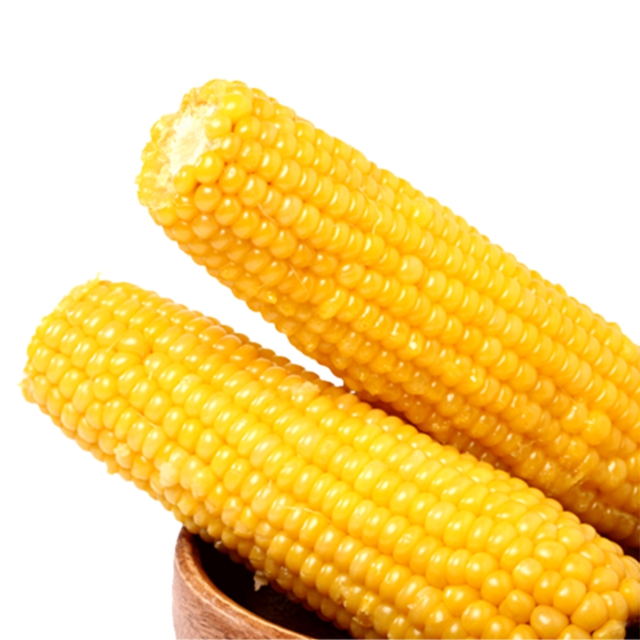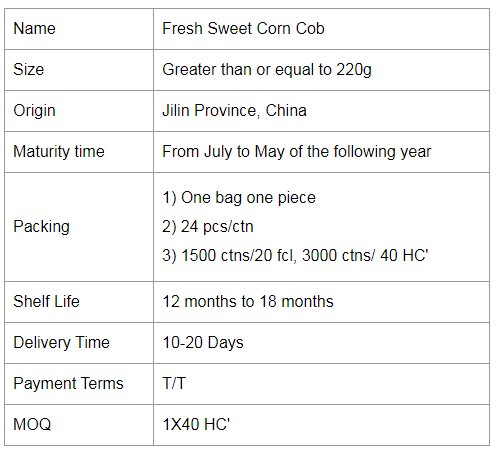Juicy vegetables, leaves and grass. When these feeds are piled up for a long time, they are hot, moldy and corrupt, or cooked overnight in pots (crocks), the nitrates are reduced to nitrite. After feeding the pigs, it is easy to cause nitrite poisoning. Fresh sorghum seedlings, corn seedlings and fresh flax leaves. These feeds contain cyanogenic glycosides, which are piled, moldy, or frost-dried. Under the action of specific enzymes in the plant, cyanogenic glucosides are hydrolyzed and emit highly toxic hydrogen cyanide; even though the content of hydrocyanic acid is very small, Can cause pig poisoning. The regenerated seedlings harvested after corn and sorghum are more harmful after frost. Germinated potato and its stems and leaves. Potato sowing and sun-curing epidermis contain solanine in the epidermis. Pigs eat sprouted potatoes or their stems and leaves, producing toxic paralysis. Sweet potato with black spot. Diseased sweet potato contains mycotoxins, and both humans and animals can cause poisoning after eating. Raw beans feed. Including soybeans, black beans, peas, beans, etc. The legume feed contains many kinds of harmful substances such as antitrypsin, which affects the palatability and digestibility of the feed, and even causes diarrhea, which affects the weight gain and must be cooked. Uneaten rape cake. Rapeseed cake contains sulphur glucoside and more tannins. The former can be hydrolyzed to produce toxic isothiocyanate under the action of mustard enzyme, which can reduce the palatability of the feed and cause constipation. Mixed moldy, corn, gluten mixed feed, or compound feed, etc. These moldy feeds often contain Aspergillus flavus, Aspergillus flavus, rust, etc., and poisoning occurs when the pig eats. Excessive lees. Distillers grains are a byproduct of the wine industry. Feeding pigs with distiller's grains, the dosage should be controlled. Usually, the proportion of distiller's grains in the diet should not exceed 30%, otherwise alcohol poisoning may occur. Single Vacuum Packed Sweet Corn
Corn (Maize) is cultivated throughout China. It is also widely grown in tropical and temperate regions of the world and is an important cereal. With yields of up to 700-900 kg per mu, maize is one of the more productive grains.
Corn is rich in nutrients, with protein, body fat, tapioca starch, vitamin B1, vitamin B2, vitamin B6, vitamin A, vitamin E, carotene, methyl cellulose and calcium, phosphorus and iron. Corn is a good source of vitamin C, which can help boost the immune system and help fight cancer. Compounds found in corn have been shown to reduce the risk of cardiovascular disease. According to research, fresh corn contains 4-5 times more body fat than rice and flour, and contains unsaturated fat, of which 50% are fatty acids, which inhibit the digestion and absorption of cholesterol. It is an excellent medicine for long-term use to reduce blood cholesterol and soften blood vessels, making it an ideal vegetable oil for patients with hypertension, coronary heart disease, obesity and the elderly.
Corn is also a cereal and low-fat food. Researchers have found that a low-fat diet has no significant effect on the risk of several diseases. In past follow-ups, a low-fat diet was found to provide significant and sustainable health benefits.
If you have any questions, you can contact us immediately by leaving a message on the website or by sending an email.
Cream Sweet Corn Cob,Whole Sweet Corn Cob,Cream Sweet Corn,Fried Sweet Corn Cob Jilin Province Argricultural Sister-in-law Food Co., Ltd. , https://www.nscorn.com


